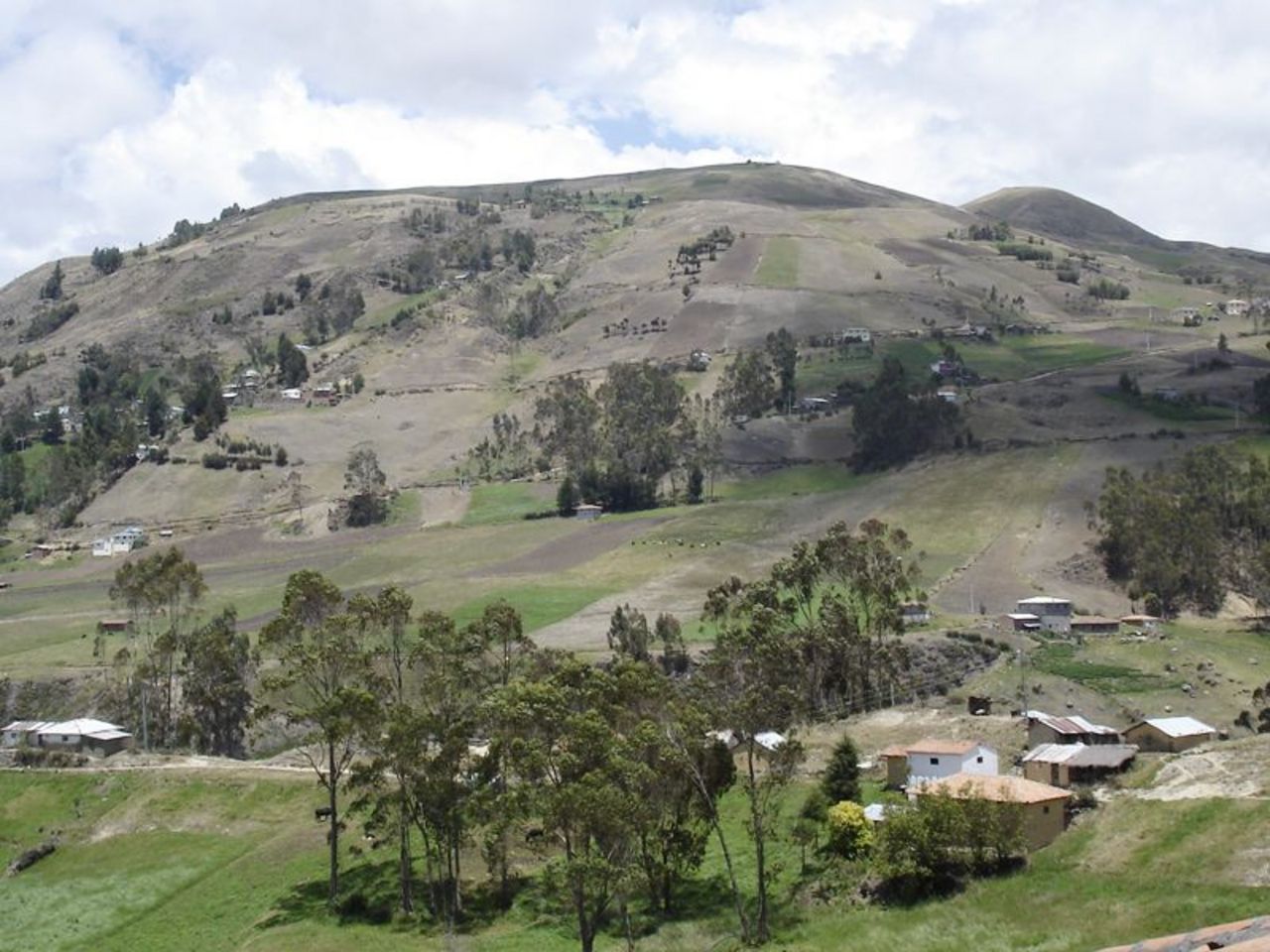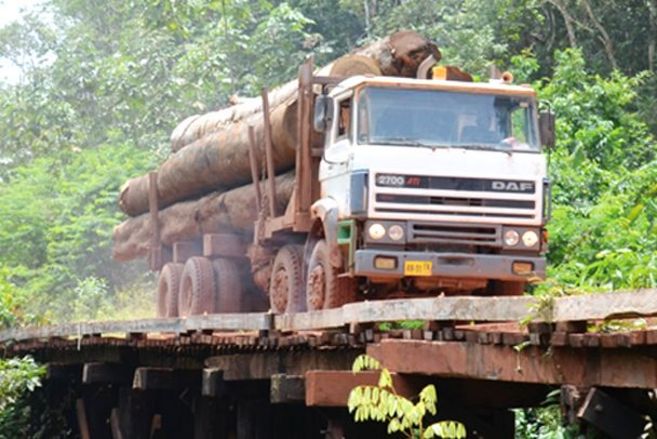Project
Payments for Ecosystem Services (PES global)

Determining factors for country-specific success and failure of Payments for Ecosystem Services
The Payments for Ecosystem Services (PES) approach aims at valuating services of natural ecosystems and providing land users with income opportunities. Such an incentive mechanism for the preservation of ecosystems and for the continuous supply of their services could be an essential element for the protection of tropical forests.
Background and Objective
In order to evaluate the potential of PES for efficient preservation of tropical forests, it is appropriate to consider the different local conditions. That means it should be considered which legal and institutional conditions are prevalent in different countries and cultures and which implementation costs are needed.
Target Group
Policy, Science
Approach
In order to empirically answer the research question we develop regression models in a first step. These models can give hints about the relations between the success of PES and suitable economic and institutional explanatory variables.
Data and Methods
Data sources are publicly available databases (e.g. FAO, World Bank). The methodological approach is a meta-analysis.
Our Research Questions
.-In which countries PES is offered at all?
-Which institutional, economic and physical-geographic conditions are decisive for the success of PES?
-Which countries are suited to establish PES schemes for international donors?
Results
We are looking for explanatory variables and check them for suitability. In doing so, we aim at the institutional conditions, like they are captured in investment climate indices (e.g. degree of legal certainty, extent of state interventions, effectiveness of state administration, corruption). In addition, we also check economic and physical-geographic variables.
Thünen-Contact

Involved Thünen-Partners
Duration
3.2016 - 2.2019
More Information
Project status:
finished
List of Publications
- 0
Bösch M, Elsasser P, Wunder S (2019) Why do payments for watershed services emerge? A cross-country analysis of adoption contexts. World Dev 119:111-119, DOI:10.1016/j.worlddev.2019.03.010






